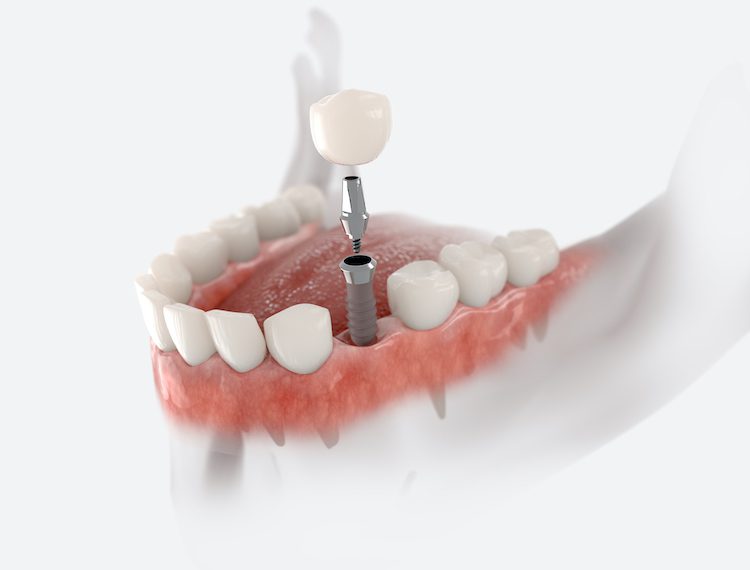Dental implants have become a popular and reliable solution for replacing missing teeth. Whether you’ve lost a tooth due to injury, decay, or disease, implants offer a natural-looking and long-lasting alternative to dentures or bridges. However, many people are unsure about what the process involves and what they can expect along the way. Understanding what to expect when getting a dental implant could help ease concerns and prepare you for a successful experience.
Initial Consultation and Planning
The first step in getting a dental implant is a comprehensive evaluation with your dentist. During this consultation, your dental professional will assess the condition of your teeth, gums, and jawbone to determine if you’re a good candidate for implants. X-rays or 3D scans may be taken to evaluate bone density and identify the best location for the implant. If your jawbone isn’t strong enough to support an implant, a bone graft may be recommended. This planning stage is critical to ensure the procedure is customized to your specific needs and yields the best long-term results.
The Implant Placement Procedure
The dental implant itself is a small titanium post that acts as an artificial root for your new tooth. The placement of this post is a surgical procedure typically done under local anesthesia. Sedation options may be available for those with dental anxiety. A local oral surgeon will make a small incision in your gum to access the jawbone. They then insert the implant into the bone. Once the implant is placed, the oral surgeon stitches the gum closed to allow for healing.
Many patients report minimal discomfort during and after the surgery, often comparing it to a simple tooth extraction. Swelling, mild bruising, and some pain are normal. These symptoms usually subside within a few days and can be managed with over-the-counter pain relievers and ice packs.
Healing and Osseointegration
One of the most important aspects of the dental implant process is the healing period. This process typically lasts several months. During this time, osseointegration occurs. This is when the titanium implant fuses with your jawbone, creating a strong and stable foundation for your artificial tooth. Everyone heals at their own pace, but on average, this phase takes three to six months.
Your dentist will monitor your progress with follow-up appointments to ensure that the implant is integrating properly. It’s crucial to follow your dentist’s aftercare instructions during this time. Aftercare may include dietary restrictions, oral hygiene guidance, and possibly temporary restorations to maintain appearance and function.
Abutment and Crown Placement
Once your implant has fully integrated with the jawbone, the next step is placing the abutment. The abutment is a small connector piece that will hold the crown securely in place. This usually involves a minor surgical procedure to reopen the gum and expose the top of the implant. After the abutment is in place and the gum tissue has healed, your dentist will take impressions of your mouth to design the final crown.
The crown is the visible part of your implant. It is custom-made to match the shape, size, and color of your natural teeth. It is either screwed or cemented onto the abutment, completing the restoration. The result is often a tooth that looks, feels, and functions just like a real one.
Aftercare and Long-Term Expectations
Caring for your dental implant is much like caring for your natural teeth. Daily brushing and flossing, along with regular dental checkups, are essential to ensure your implant remains healthy and secure. With proper care, dental implants can last for decades, often a lifetime. It’s also important to avoid habits that can damage your implant, such as smoking or using your teeth to open packaging. If you grind your teeth at night, your dentist may recommend a nightguard to protect your investment.
Dental Implant Restoration in Louisville, KY
At Westermann Family Dentistry, we understand the importance of a complete bite. If you have tooth loss, your oral health could be at risk. Dental implants can help restore your bite and improve your quality of life. Contact our office today to schedule a consultation and see if implant dentistry is right for you.

